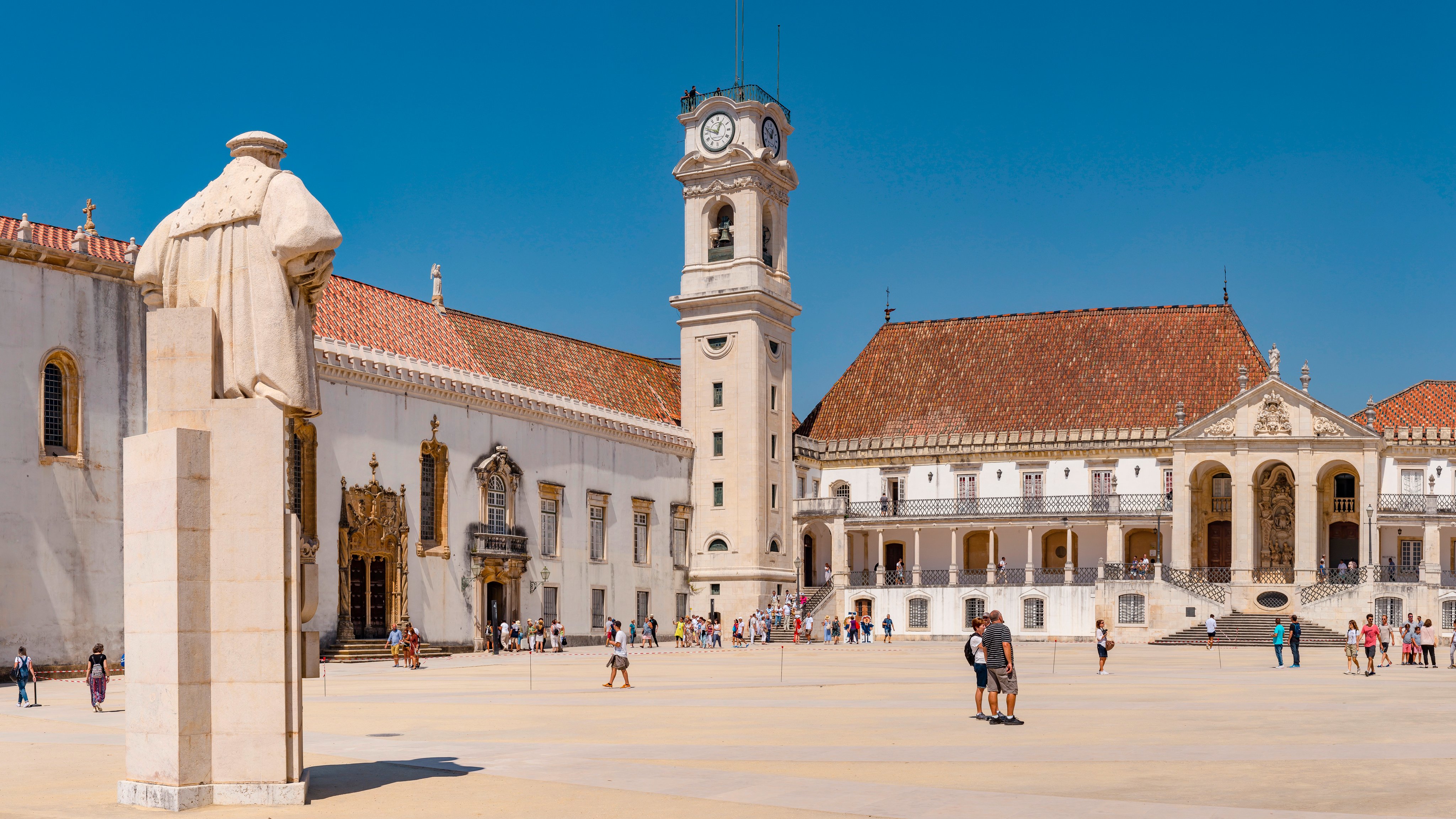Neuroscientist from the University of Coimbra and researcher in the field of basic psychology, Jorge Almeida, warned about the danger of the “utilitarian” vision of science, pointing out the need for a balance between basic and applied science.
Current science is dominated by the ‘here and now’ syndrome, in a radical approach that reduces it to its usefulness, with extremely problematic consequences for the future of our society”, points out the scientist in the opinion article “Insufficient funding of basic psychological science for the primacy of the here and now: a scientific conundrum”, published in the scientific journal “Perspectives on Psychological Science”.
According to Jorge Almeida, a balance between basic science and applied science is needed.
One of the things that the current pandemic has taught us is that, in the long run, underfunding basic science can have dire consequences for how societies can respond to global challenges. For example, it is not difficult to imagine that we would be much worse off if we had not financed years and years of basic research in biology, which made it possible to produce, in record time, the vaccine against Covid-19 ”, he maintained. .
For Jorge Almeida, this investment is not only important in the areas of biology, since in order to intervene in an area of health or mental processing “it is necessary to have knowledge of basic psychology and neuroscience, of how the normal system works. works, in a perspective of understanding and not necessarily utilitarian of the ‘here and now’”.
To intervene in populations with reading difficulties, it will obviously be essential to study and understand how the normal system is capable of reading and understanding texts. If not, and if we focus on responding to immediate problems, we are doomed to lose all the foundations of science”, he exemplified.
In agreement is the decision of the UN to declare 2022 as the International Year of Basic Sciences for Sustainability, or even the multiple reports released by UNESCO, which “point out the enormous problem that we are creating by thinking of science in an exclusively utilitarian way ”.
According to the researcher, this the lack of representativeness of basic research is also present in university institutionsand especially in psychology.
In his article, Jorge Almeida states that 50% of the teaching staff of the Psychology Departments of Portuguese universities have research interests in clinical and health issues and that around 80 to 90% of the faculty focuses on areas of applied psychology.
Psychology departments in Portugal “ignore basic research, with an average of fewer than five professors dedicated to basic psychology, out of about 60,” he said.
This is “contrary to the commitment of more than four decades of the best positioned Psychology Departments in international rankings, such as Harvard, Yale, Louvain, Amsterdam, among many others, whose pillars are basic psychology and neuroscience”.
In his opinion, the lack of balance between applied and basic research is also evident in the decisions of the Portuguese Foundation for Science and Technology (FCT), the main national science funding agency.
According to the article published in the scientific journal, in the selection of the members of the last evaluation panel of the annual project competition in all scientific fields, the psychology panel was composed of 15 international researchers, of which only three were dedicated researchers. to the basic sciences. psychology.
“This imbalance had clear consequences on the projects that were financed,” he said.
For Jorge Almeida, financing and promoting both basic and applied psychology “will have an impact on the ability to deal with the main mental health problems caused by Covid-19 and all the main challenges that we will face in the future.”
Awarded by the European Research Council for his “ContentMap” project, which aims to study how information is organized in our brain, that is, if it is topographically structured, like a map, Jorge Almeida is also a professor at the Faculty of Psychology and Educational Sciences at the University of Coimbra and director of the Proaction Lab — Laboratory of Perception and Recognition of Objects and Actions.
Source: Observadora
